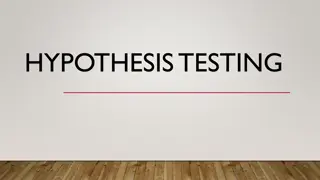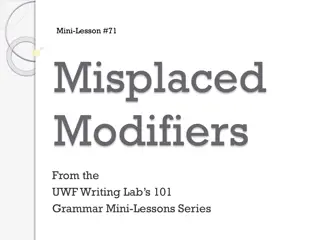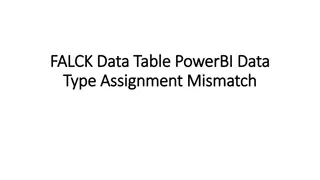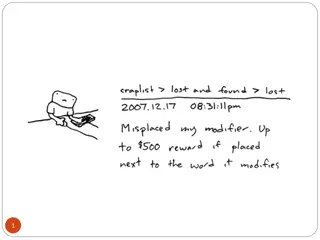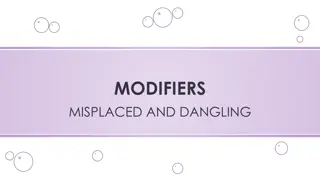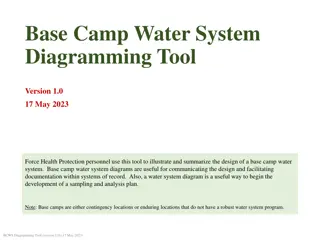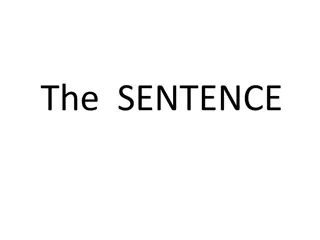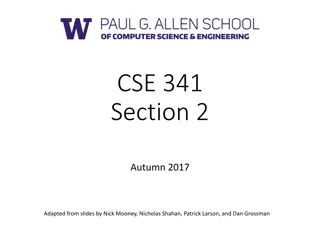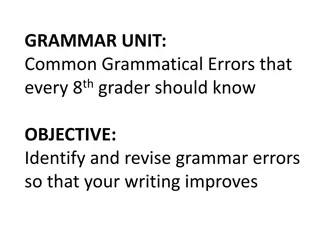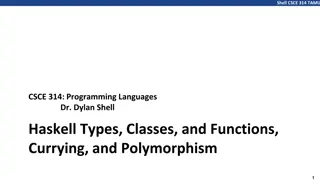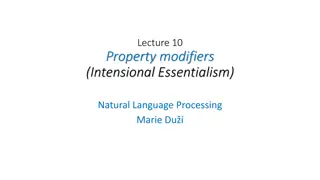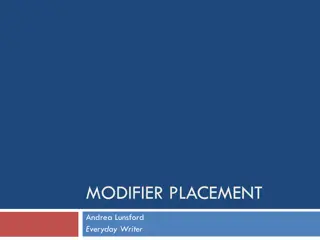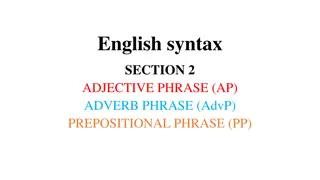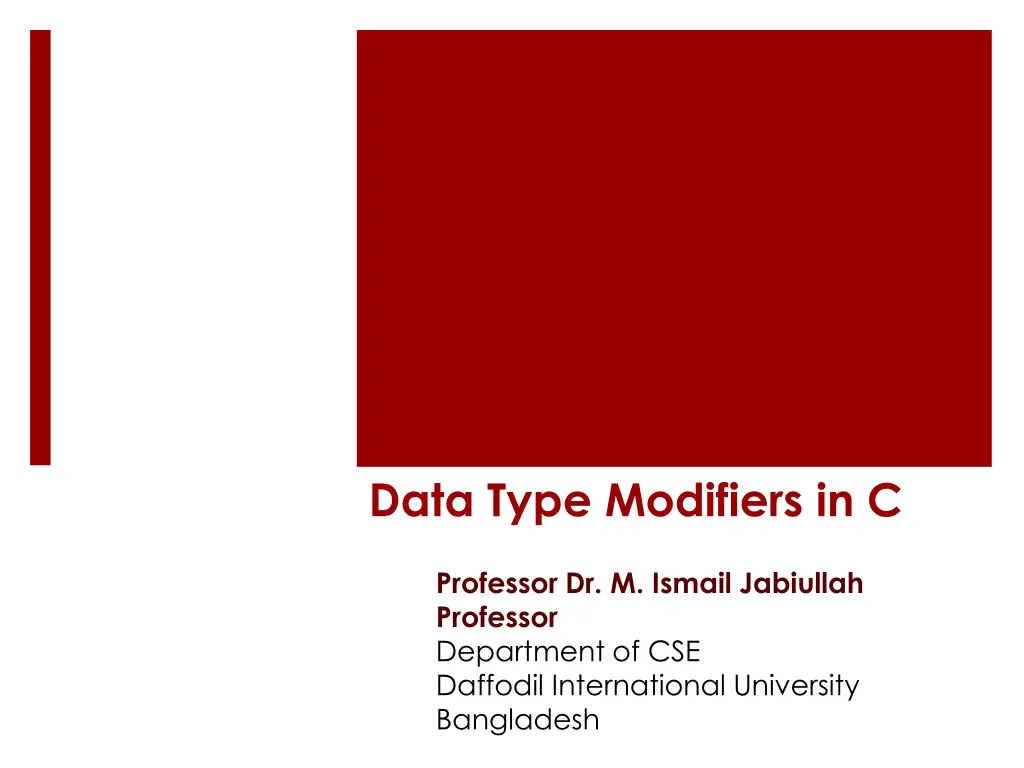
C Type Modifiers Overview
Exploring data type modifiers in C programming language, including long, short, unsigned, and signed modifiers that alter the properties of data types to adjust storage space and value ranges. Learn how these modifiers impact variables in C.
Download Presentation

Please find below an Image/Link to download the presentation.
The content on the website is provided AS IS for your information and personal use only. It may not be sold, licensed, or shared on other websites without obtaining consent from the author. If you encounter any issues during the download, it is possible that the publisher has removed the file from their server.
You are allowed to download the files provided on this website for personal or commercial use, subject to the condition that they are used lawfully. All files are the property of their respective owners.
The content on the website is provided AS IS for your information and personal use only. It may not be sold, licensed, or shared on other websites without obtaining consent from the author.
E N D
Presentation Transcript
Data Type Modifiers in C Professor Dr. M. Ismail Jabiullah Professor Department of CSE Daffodil International University Bangladesh
Data type modifiers in C In c language Data Type Modifiers are keywords used to change the properties of current properties of data type. Data type modifiers are classified into following types. 1. long 2. short 3. unsigned 4. Signed Modifiers are prefixed with basic data types to modify (either increase or decrease) the amount of storage space allocated to a variable. For example, storage space for int data type is 4 byte for 32 bit processor. We can increase the range by using long int which is 8 byte. We can decrease the range by using short int which is 2 byte.
long This can be used to increased size of the current data type to 2 more bytes, which can be applied on int or double data types. For example int occupy 2 byte of memory if we use long with integer variable then it occupy 4 byte of memory.
short In general int data type occupies different memory spaces for a different operating system; to allocate fixed memory space short keyword can be used.
unsigned This keyword can be used to make the accepting values of a data type is positive data type. This declaration allows the a variable to store only positive values. An immediate effect is that the range changes from (-32768 to 32767) to (0 to 65536)
Signed This keyword accepts both negative or positive value and this is default properties or data type modifiers for every data type. Note: in real time no need to write signed keyword explicitly for any data type.



